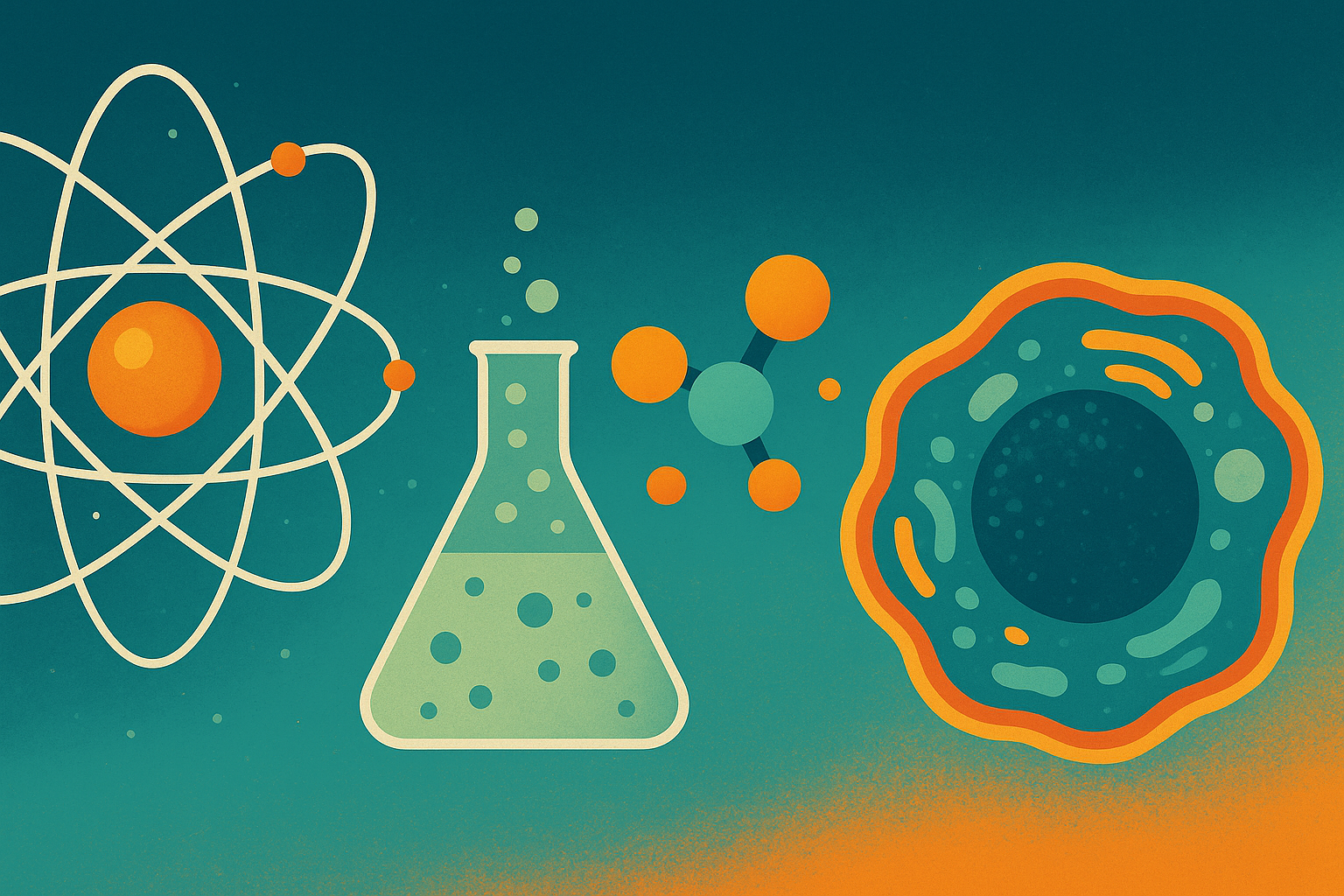About Me
Dr. Peng Xu is a scientist at Ames National Laboratory and an adjunct assistant professor of chemistry at Iowa State University. Peng is a key developer for GAMESS (The General Atomic and Molecular Electronic Structure System) and a member of GAMESS management team.
Why I Like My Research
I am driven and highly motivated when my research provides fundamental understanding on complex physical, chemical and biological phenomena and has a positive impact on society.
Success in My Group
The projects in my group is often inter-disciplinary. Based on students’ interests and skill sets, the projects can be tailored to emphasize, say more on chemistry or more on computer science.
Rome is not built in one day. I encourage my students to have a long-term vision and a short-term clear goal, and help students grow more independent.
While programming is not a prerequisite to join my group, basic knowledge in linux commands and text editor is highly beneficial to ensure smooth experience for daily research.
Example Research Projects
Some of the research projects REU students can work on with me include:
Fragmentation Methods
Electronic structure calculations are computationally expensive. One way to reduce the cost, and make the computations more suitable for supercomputing, is to break large systems into many smaller, chemically sensible systems called “fragments.”
Potential research avenues include:
- automated fragmentation
- Manually keying in the definition of each fragment for a large system is not only labor intensive but also error prone. Codes that can automate such process is highly beneficial.
- workflow for fragmentation methods
- In the same vein as automation of fragmentation scheme, input preparation, data extraction or output analysis should be automated to enable high- throughput processing and minimize manual intervention, improving both efficiency and reproducibility in large-scale computational workflows.
- optimization of parameters in fragmentation methods
- In fragmentation methods, in order to accelerate the computation, there are various approximations, either physics-based or empirically fitted, employed to try to balance accuracy and efficiency. Extensive benchmarking study needs to be conduced to test the quality of the approximations made in fragmentation methods.
Drug design: accurate prdiction of protein-ligand binding affinity
Accurate calculations of protein-ligand binding free energies are highly sought after in the pharmaceutical and biotechnology industries; however, current available methods do not consistently perform well across different protein targets and ligand series. We have developed a generalized computational framework that combine a statistical thermodynamics-based code with quantum chemical methodologies to predict absolute binding free energies between proteins and ligand series. The methodologies and workflow codes developed above can be and will be applied here.
Potential research avenues include:
- covalent protein-ligand binding affinity
- metalloprotein


